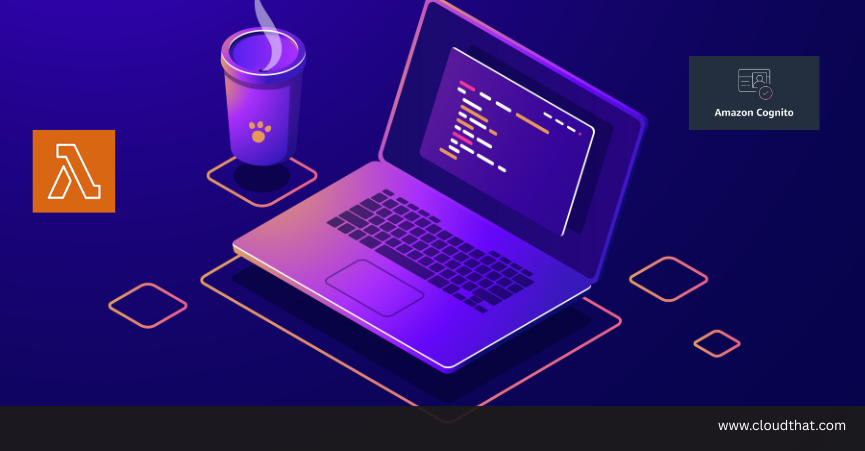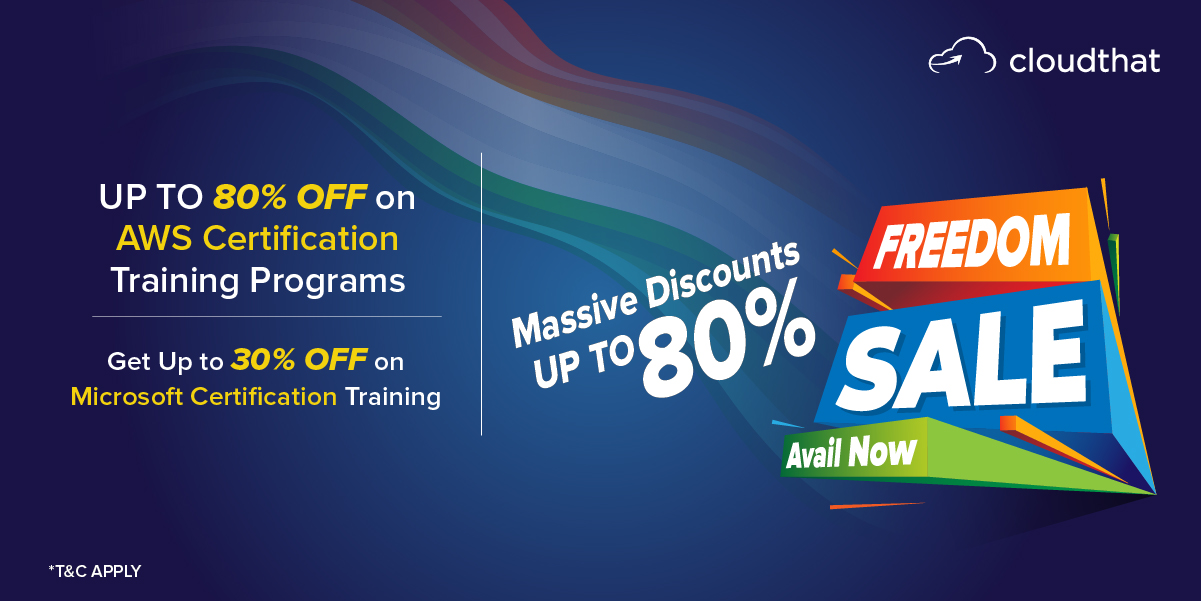|
Voiced by Amazon Polly |
Overview
In the modern landscape of data-driven decision-making, efficient and secure data sharing is essential for organizations looking to collaborate across departments or even with external partners. Amazon Redshift Data Sharing offers an innovative solution that allows users to share live data between Amazon Redshift clusters seamlessly. This feature ensures instant access to real-time data by eliminating data redundancy, making it a powerful tool for cross-cluster analytics and collaboration.
This guide walks you through setting up data sharing in Amazon Redshift using the Amazon Redshift Console and answers frequently asked questions for an easier start.
Pioneers in Cloud Consulting & Migration Services
- Reduced infrastructural costs
- Accelerated application deployment
Prerequisites
To get started with Amazon Redshift Data Sharing, ensure the following:
- Your Amazon Redshift account has at least one cluster for data sharing.
- You have the necessary AWS IAM permissions to create and manage data shares.
- Your Amazon Redshift cluster is compatible with data sharing (generally supported by RA3 node types).
Step-by-Step Process for Configuring Data Sharing in Amazon Redshift
Step 1: Access the Amazon Redshift Console
- Open the Amazon Redshift Console
- In the left navigation pane, click on Clusters to view your available clusters.
Step 2: Choose the Producer Cluster
- Select the cluster that will be the Producer Cluster containing the shared data. Choose redshift-cluster.

2. Tap on redshift-cluster and Choose Datashares.

Step 3: Create a Data Share
- In the Data Shares section, click Create data share.

2. Provide a name for your data share.


3. Add Datashare Objects like Tables, views, and User Defined Functions.


4. Specify the AWS Account you want the data share to be accessible within and the namespace of the consumer cluster from the dropdown.

Step 4: Review and Confirm the Data Share
- Carefully review the configuration details, including the selected objects and permissions.
- Click Create to finalize and create the data share.
Step 5: Configure Data Sharing on the Consumer Cluster
- Go back to the Clusters section of the Amazon Redshift Console and select the Consumer Cluster that will access the shared data. Choose redshift-cluster-2.
- Tap on redshift-cluster-2 and choose Datshares. Go to Datashares from other namespaces and AWS accounts.

3. Select the data share you created earlier and click on Create database from Datashare for your shared views, tables, or functions to reside in.

5. Confirm the configurations and click on Create.
Best Practices for Data Sharing
- Granular Access Control: Share only specific schemas, tables, or views to minimize exposure of sensitive data.
- Monitor Usage: Use system views such as svv_datashares to track data access and usage patterns.
- Optimize Performance: Apply appropriate filters and permissions to ensure efficient data queries.
- Security and Compliance: Regularly review data-sharing configurations to ensure compliance with organizational policies and regulations.
Conclusion
By leveraging access controls and high-performance querying, Amazon Redshift Data Sharing provides a secure and scalable approach to data collaboration. Setting it up via the Amazon Redshift Console is straightforward and brings significant value to data-driven decision-making.
Drop a query if you have any questions regarding Amazon Redshift Data Sharing and we will get back to you quickly.
Making IT Networks Enterprise-ready – Cloud Management Services
- Accelerated cloud migration
- End-to-end view of the cloud environment
About CloudThat
CloudThat is an award-winning company and the first in India to offer cloud training and consulting services worldwide. As a Microsoft Solutions Partner, AWS Advanced Tier Training Partner, and Google Cloud Platform Partner, CloudThat has empowered over 850,000 professionals through 600+ cloud certifications winning global recognition for its training excellence including 20 MCT Trainers in Microsoft’s Global Top 100 and an impressive 12 awards in the last 8 years. CloudThat specializes in Cloud Migration, Data Platforms, DevOps, IoT, and cutting-edge technologies like Gen AI & AI/ML. It has delivered over 500 consulting projects for 250+ organizations in 30+ countries as it continues to empower professionals and enterprises to thrive in the digital-first world.
FAQs
1. Can I share data across different AWS accounts?
ANS: – Yes, Amazon Redshift allows cross-account data sharing by specifying the AWS account ID of the consumer. This ensures secure and efficient data access across accounts.
2. Does data sharing work across regions?
ANS: – Yes, Amazon Redshift supports cross-region data sharing, enabling global collaboration with low latency and increased efficiency.
WRITTEN BY Lakshmi P Vardhini


 Login
Login


 December 3, 2024
December 3, 2024 PREV
PREV











Comments